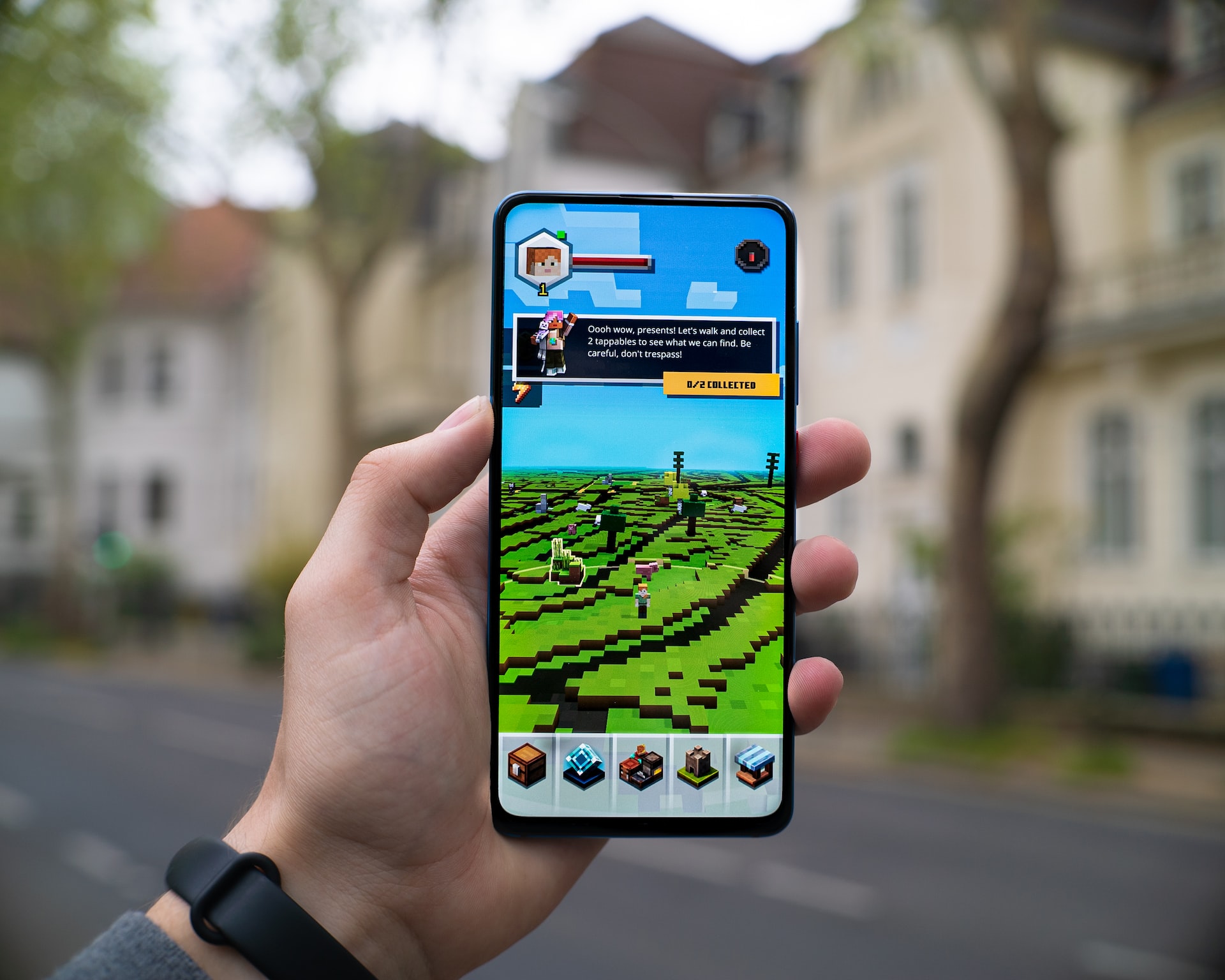How Did Mobile Gaming Get So Popular?
For many people who enjoy video games, it can seem confusing and unclear why so many people are drawn to mobile games over what’s available on home consoles or PC. Since smartphones developed to the point where they were capable of allowing users to play games in the first place, it might have seemed more like a gimmick to some people than what the medium is capable of elsewhere. However, while it might not seem like much time has passed since then, smartphone capability has rapidly improved, leaving the mobile gaming landscape in a completely different shape.
Still, it stands as something very different from gaming on other consoles, so it’s worth asking how the industry behind it grew so enormously.
The Money Behind It
The money that goes into the mobile industry from the players goes back into it and allows the developers behind such games to make higher quality games the more established they become. However, the idea of money going into this industry might sound strange when the majority of games that you come across through the various app stores are free. Well, this is where microtransactions come into play, and many games function by encouraging players to pay real money to make the gameplay more convenient, microtransactions making up a lot of the money behind these games, meaning it’s something that you find in many mobile titles.
Even in mobile experiences where this isn’t strictly the case, such as online casinos, the promotion of the best Australian no deposit casino bonuses can encourage a similarly monetised gameplay experience.
Addictive Gameplay Loops
To make users want to pay those microtransactions in the first place, however, they’re going to need to be suitably engaged with the gameplay itself, which means addictive gameplay loops to keep them fixated. Often, in the case of classic mobile titles, like Clash of Clans, the loop is a very simple one, and might even be something that is immediately discernible by the player. However, the simplicity of this loop might be something that works in the favour of the game, as it makes it easy to pick up and play right away, and the obstruction of progress that can be remedied via payment becomes more frustrating.
The Convenience
While it’s interesting to look at the mechanics and processes behind mobile titles and discern why they do what they do, and how this sometimes differs from console games (as well as where it intersects), it’s also important not to forget more obvious elements of mobile games that might contribute to their popularity. Perhaps chief among these is the fact of the smartphone’s convenience and portability.
Many people already have access to a smartphone, in a way that they don’t with a gaming PC or a home console, and picking up your phone and killing some time during a long wait or boring journey can make the array of flashy and boredom-killing mobile games available an appealing prospect for anyone.
